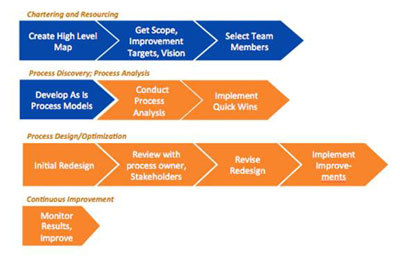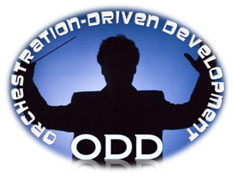Do you notice any built-in contradiction in the title of this article? A naïve approach to Continuous Improvement (CI) would be to attempt to benchmark Toyota, and just do what they do. That would be OK if: 1) You make automobiles, and 2) You have fifty years of Toyota management experience. Without those advantages, you would do best to consider a modified strategy.
It’s not easy to change, and usually not fruitful to change precipitously. An anecdote from an unnamed country, several wars ago, decided to mechanize the cavalry. An inspector, reviewing the prototype of the new battalion, marveled in the shiny new personnel carriers and tanks. However, he then noticed two soldiers standing off to the side, apparently doing nothing. When he inquired, he was told: “They are there to hold the horses.”

























